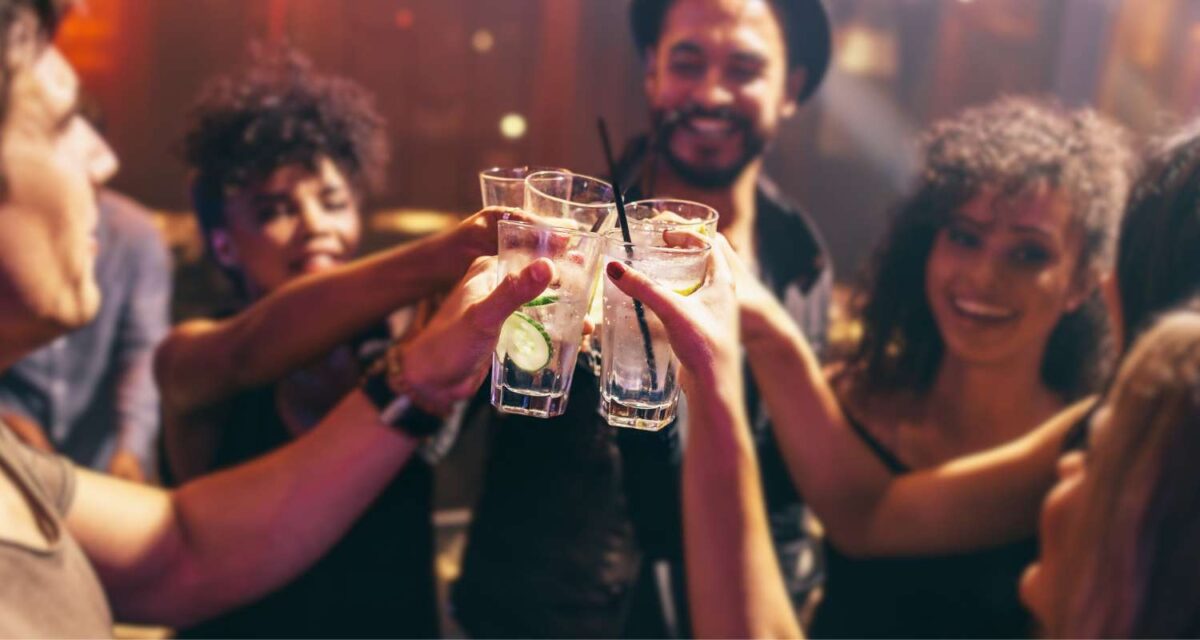
Understanding Florida alcohol laws can be the difference between a fun night out and serious legal trouble. Whether you were arrested for driving drunk, trying to purchase alcoholic beverages underage, or accused of providing alcohol to someone younger than 21, the impact on your future can be serious and long-lasting. At Buda Law in Tampa, FL, we work to make sense of your situation and fight for your best outcome.
Criminal defense attorney Andrew Buda has helped many people facing alcohol-related charges, including DUI charges, accusations involving underage alcohol consumption, and violations tied to alcoholic beverage licenses.
If you’re dealing with a legal issue involving alcohol in Florida, don’t wait. Call (813) 322-2832 or contact us online to schedule a free consultation today.
Legal Drinking Age in Florida
In Florida, the legal drinking age is 21. That means anyone under 21 is not legally allowed to purchase alcoholic beverages, consume alcoholic beverages, or even have such beverages in their possession.
According to Florida Statutes § 562.11, a person younger than 21 caught with alcohol—whether it’s beer, wine, or distilled spirits—can face serious consequences. This includes misdemeanor charges, costly fines, community service, and possibly losing their driver’s license. Using a fake ID in Florida (or a comparable identification card) to try and buy alcoholic beverages is also a crime and can result in criminal charges, including possible license suspension.
What is the Legal Limit for Alcohol in Florida?
The legal limit for blood alcohol concentration (BAC) in Florida depends on a person’s age and driver’s license type. For most drivers 21 and older, the legal alcohol limit is 0.08%. If you’re caught driving with a blood alcohol level at or above that, you could face serious penalties under Florida DUI laws.
Drivers under 21 face even stricter rules—a blood alcohol content level of just 0.02% can lead to an underage DUI charge. The legal driving limit for commercial drivers is 0.04%, and going over that can result in a commercial DUI, significantly impacting your job and commercial driver’s license.
While many people ask how many drinks it takes to hit the legal limit, there’s no one-size-fits-all answer—it depends on your body, drinking pace, and other factors. If you’re facing any type of DUI conviction in Florida, it’s essential to speak with a Tampa DUI defense attorney like Andrew Buda right away.
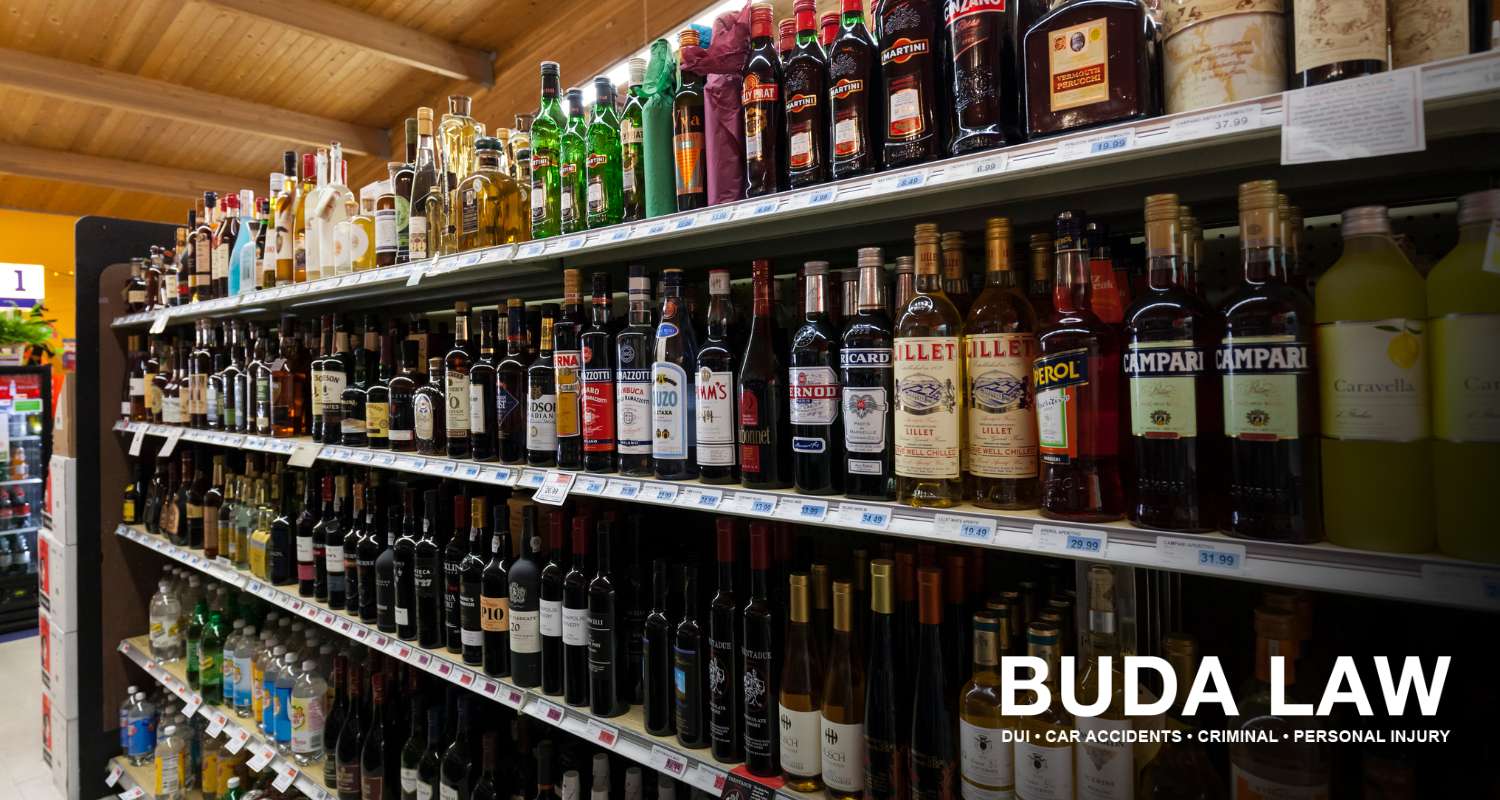
Tampa, Florida Alcohol Sale Laws
You may have been arrested for breaking Florida alcohol laws without realizing the specific rules that apply to buying or selling alcoholic beverages in the area.
The laws can vary based on the county, the day of the week, and the type of alcoholic beverage involved. Whether you own a business, were out at a bar, or made a simple mistake, knowing the alcohol sales laws in Tampa, FL can help you understand what may have gone wrong—and what steps to take next.
How Old Do You Have to Be to Sell Alcohol in Florida?
According to the Florida Beverage Law, anyone 18 or older can work in a place that sells, prepares, or serves alcoholic beverages, such as a restaurant or bar, as long as the establishment is properly licensed by the state.
Generally, businesses cannot hire anyone under 18 years old to work with alcohol. But there are a few exceptions, which are explained in Florida Statutes § 562.13.
What Time Can You Buy Alcohol in Florida?
The legal hours for purchasing alcoholic beverages—whether from bars, restaurants, or liquor stores—are generally between 7:00 a.m. and midnight. However, local counties and municipalities have the authority to adjust these hours.
For instance, some areas permit alcohol sales until 3:00 a.m., while others may have more restrictive hours. Notably, Miami-Dade County allows certain establishments to operate 24 hours a day.
It’s important to check the specific regulations in your local area to understand the exact times you can legally purchase alcoholic beverages.
Pinellas County Alcohol Sales Hours
In Pinellas County, businesses can sell alcoholic beverages between 8:00 a.m. and 3:00 a.m. every day of the week, including Sundays. Before 2017, the law didn’t allow alcohol sales before 11:00 a.m. on Sundays, which caused confusion for customers and hurt local businesses. Now, sales hours are the same daily, making things easier for restaurants, grocery stores, and other places that sell alcohol.
Hillsborough County Alcohol Sales Hours
In Hillsborough County, alcohol can be sold from 7:00 a.m. to 3:00 a.m. Monday through Saturday, and from 11:00 a.m. to 3:00 a.m. on Sundays. Outside of these set hours, it’s against the law for any licensed premises to sell alcohol, stay open for business, or let anyone continue consuming alcohol on-site.
Can You Buy Alcohol On Sunday in Florida?
Yes, you can buy alcohol on Sundays in Florida, but the hours may vary depending on the county or city you’re in. Florida law allows local governments to set their own rules for alcohol sales hours. In some areas, you can purchase alcoholic beverages as early as 7:00 a.m.; in others, you may have to wait until 11:00 a.m. on Sundays.
Can You Buy Liquor in Grocery Stores in Florida?
Grocery stores in Florida are permitted to sell beer and wine. However, distilled spirits are typically sold separately. Many supermarkets operate adjacent retail package stores with separate entrances to comply with state regulations.
This means that while you can pick up a bottle of wine or a six-pack of beer during your regular grocery shopping, purchasing liquor requires visiting a dedicated liquor store or a separate section of the supermarket licensed explicitly for that purpose.
Florida Liquor Laws for Restaurants
Under Florida alcohol laws, restaurants and other food service establishments are required to follow strict rules when they serve alcoholic beverages.
These rules apply to all staff working on licensed premises, including bartenders and servers. Before serving any alcohol, they must verify a person’s age by checking a valid driver’s license or a comparable identification card.
It’s also against the law to provide alcoholic beverages to anyone who appears visibly intoxicated. If a server continues pouring drinks for someone who has clearly had too much to drink, both the server and the establishment could face serious consequences. This is one reason why restaurants stop serving alcohol at a certain point—to prevent over-serving and avoid potential legal issues.
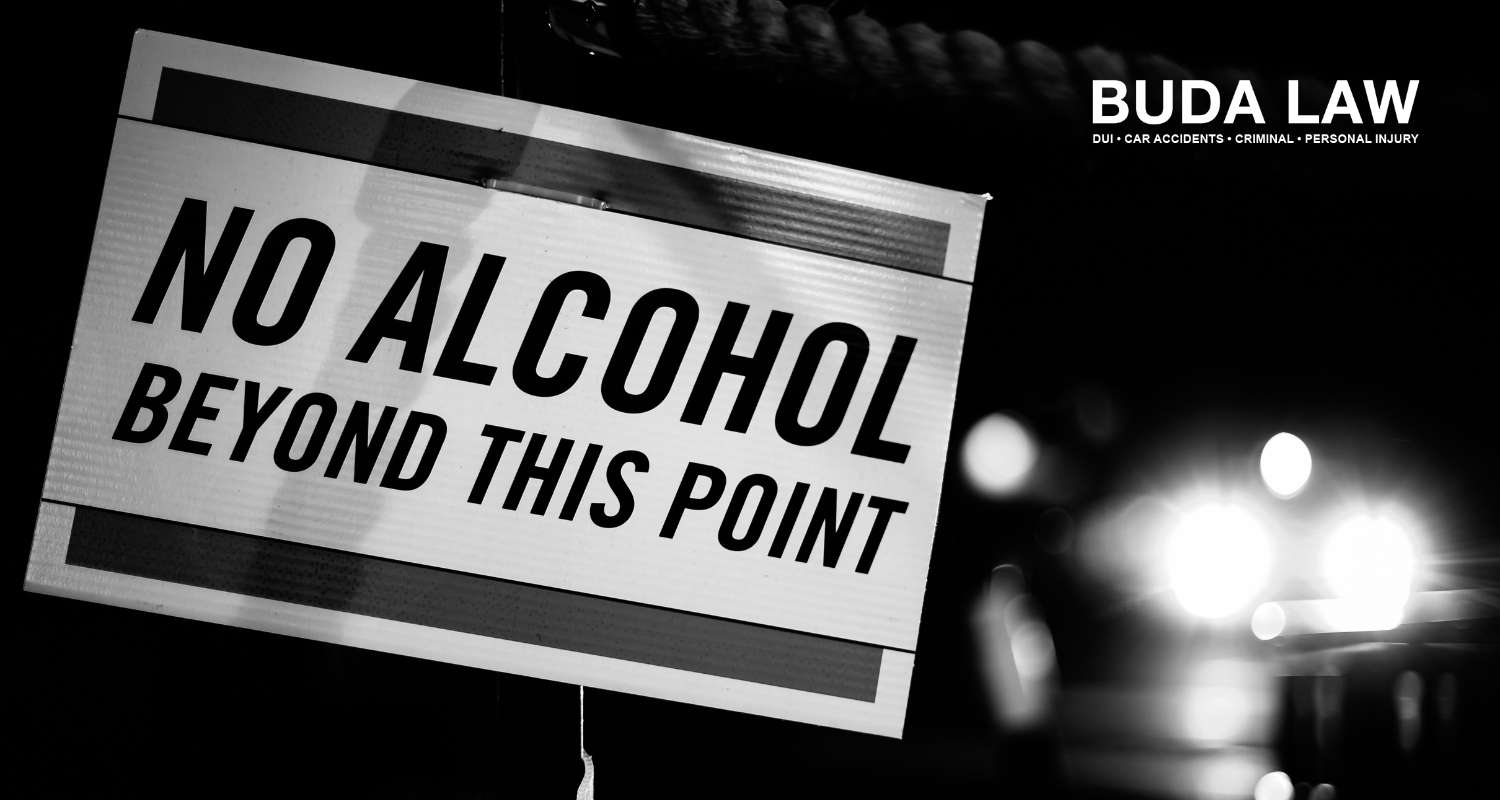
Florida Drinking Laws
Florida alcohol laws cover more than just drinking and driving—they also regulate where and how people can consume alcoholic beverages, carry open containers, and even bring their own alcohol to certain places.
Whether you’re planning a day at the beach, attending an event, or dining at a restaurant, it’s important to know what’s allowed under Florida law. Violating these rules, even by mistake, can lead to fines or criminal charges.
Can You Drink on the Beach in Florida?
Florida does not ban drinking on all beaches statewide, but many local governments have their own rules that make it illegal to consume alcoholic beverages in public areas like beaches and parks.
Some beaches may allow you to drink in designated areas, while others have zero-tolerance policies. If law enforcement officers catch you drinking where it’s not allowed, you could face a fine or even criminal prosecution.
Open Container Law Florida
Under Florida alcohol laws, it’s illegal to have an open container of alcohol in a vehicle—whether you’re driving, riding as a passenger, or even sitting in a parked car on a public road.
An open container is any bottle, can, or cup of an alcoholic beverage that’s already been opened, has a broken seal, or is ready to drink. If a container is within the driver’s reach and not locked in the trunk or glove compartment, it’s considered to be in the driver’s possession. Passengers holding the alcohol are responsible for their own containers.
While an open container violation is not a criminal offense, it can still show up on your driving record and cause future problems, especially if you’re dealing with other alcohol-related charges like DUI charges.
BYOB Laws in Florida
BYOB, or “bring your own bottle,” is allowed under specific conditions. Florida law lets people bring their own alcoholic beverages to restaurants that do not have an alcoholic beverage license, as long as the restaurant allows it. However, it’s illegal to bring your own alcohol to places that are already licensed to sell alcoholic beverages unless the business permits it and follows all legal requirements.
Restaurants that allow BYOB still have a responsibility to check a person’s age and cannot allow anyone under 21 to consume alcoholic beverages.
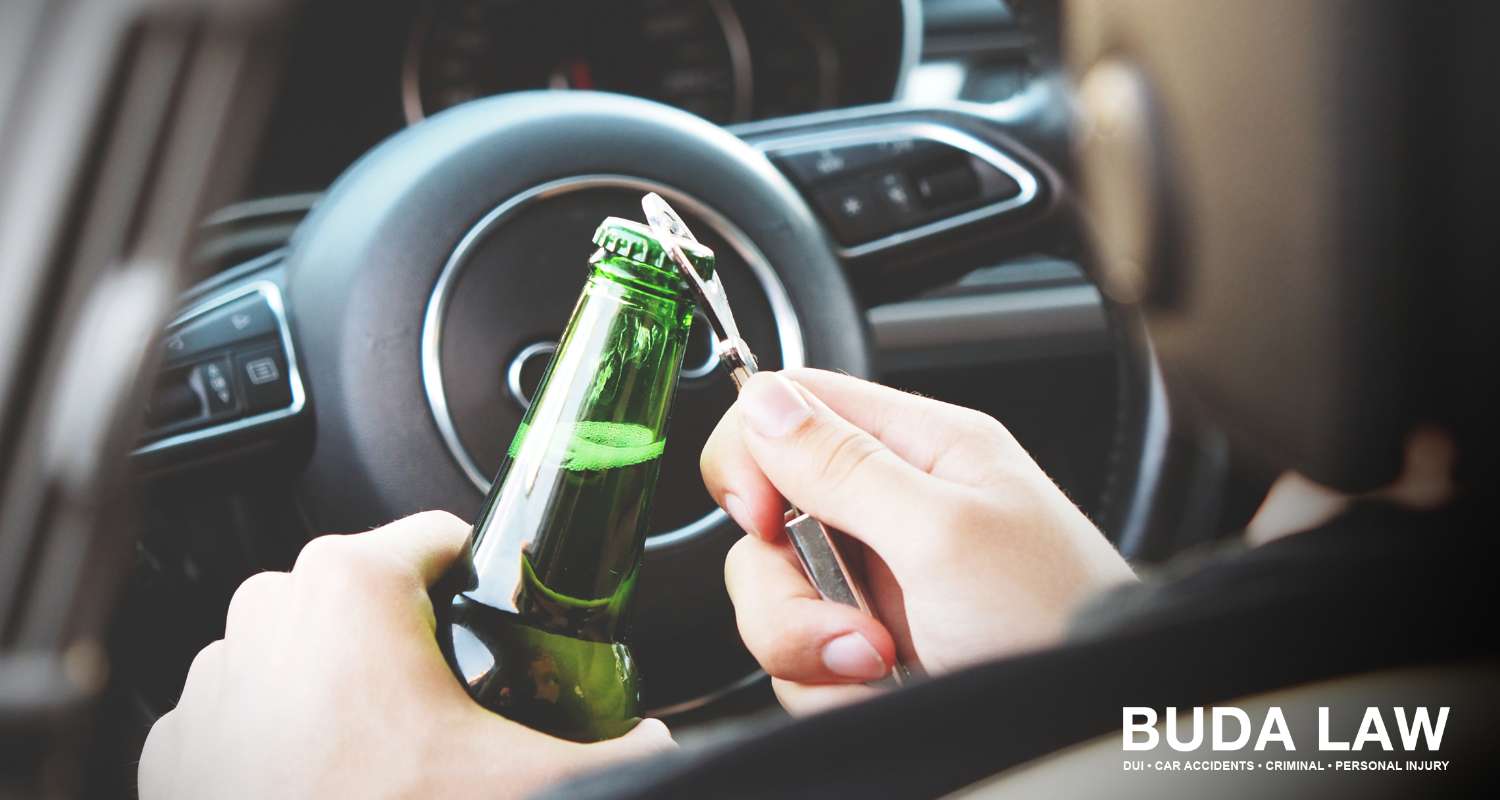
Common Alcohol-Related Criminal Charges in Tampa, FL
Alcohol-related charges are more common than many people realize, especially in a busy city like Tampa. Whether you were stopped by law enforcement officers after drinking in public, pulled over for being over the legal BAC limit, or caught trying to purchase alcoholic beverages underage, these situations can lead to serious legal trouble. Here are the most common alcohol-related criminal charges that our Tampa criminal defense lawyers see:
Florida Public Intoxication and Disorderly Conduct Laws
In Florida, simply being drunk in public is not always a crime, but your behavior while intoxicated can lead to criminal charges.
Public intoxication becomes a legal issue when it causes a scene or creates danger to others. This is known as disorderly conduct, which means acting in a way that disturbs the peace or threatens public safety. For example, yelling at strangers, starting fights, or refusing to cooperate with law enforcement officers while intoxicated could result in a disorderly conduct charge. Penalties can include fines, up to 60 days in jail, and a permanent mark on your record.
If you or someone you care about has been arrested for this kind of charge, a disorderly conduct attorney in Tampa can help you understand your options and fight to protect your future.
Driving Under the Influence (DUI) in Florida
Being arrested for a first-offense DUI is serious, but the penalties for DUIs in Florida get much worse if you have a prior conviction.
Driving a motor vehicle with a blood alcohol content of 0.08% or higher can lead to an arrest, fines, license suspension, and even jail time. But, a second conviction can carry a longer license suspension, higher fines, mandatory jail time, and substance abuse evaluation. In many cases, a judge will also order an ignition interlock device to be installed in your vehicle. This device requires you to pass a breath test before your car will start.
The more prior convictions you have, the more serious the consequences become—so it’s essential to take any DUI charge seriously and get experienced legal help right away.
Boating Under the Influence (BUI) in Florida
Boating while under the influence of alcohol or drugs is just as serious as driving drunk. In Tampa Bay, it’s illegal to operate a boat with a blood alcohol content of 0.08% or higher. This is known as a Boating Under the Influence (BUI) charge, and the penalties can include fines up to $1000, jail time, community service, and mandatory boating safety courses.
If you’ve been charged with boating under the influence, a knowledgeable Tampa BUI defense lawyer can help you understand your rights and work toward the best possible outcome.
Minor in Possession of Alcohol (MIP)
In Florida, anyone under 21 can be arrested just for having alcohol in their possession—even if they weren’t drinking it. If you’re holding a drink, carrying it in a bag, or it’s found nearby and believed to be yours, you could be arrested and charged with Minor in Possession of Alcohol (MIP).
A young person charged with an MIP can face serious consequences, including fines, license suspension, community service, and a criminal record that can affect future opportunities.
If you find yourself in this scenario, Attorney Andrew Buda, a trusted juvenile defense attorney in Tampa, will take the time to understand your situation and explore every possible defense. Whether the alcohol wasn’t yours, you didn’t know it was there, or your rights were violated during the arrest, he will fight to protect your future.
Selling Alcohol to Minors
It is illegal to sell alcoholic beverages to anyone under the age of 21 in Florida. This law applies to everyone, including bartenders, store clerks, restaurant servers, and anyone hosting private gatherings.
If a person younger than 21 receives alcohol from you, you could face charges for a second-degree misdemeanor. Penalties include fines, probation, possible jail time, and a criminal record. However, being charged doesn’t always lead to a conviction. There are potential defenses, such as proving that the minor provided a fake ID that seemed legitimate, or showing that you carefully checked the person’s age by reviewing their identification.
If you’ve been accused of selling or providing alcohol to a minor, an experienced Tampa misdemeanor defense attorney can carefully examine your case and create a strong defense that protects your best interests.
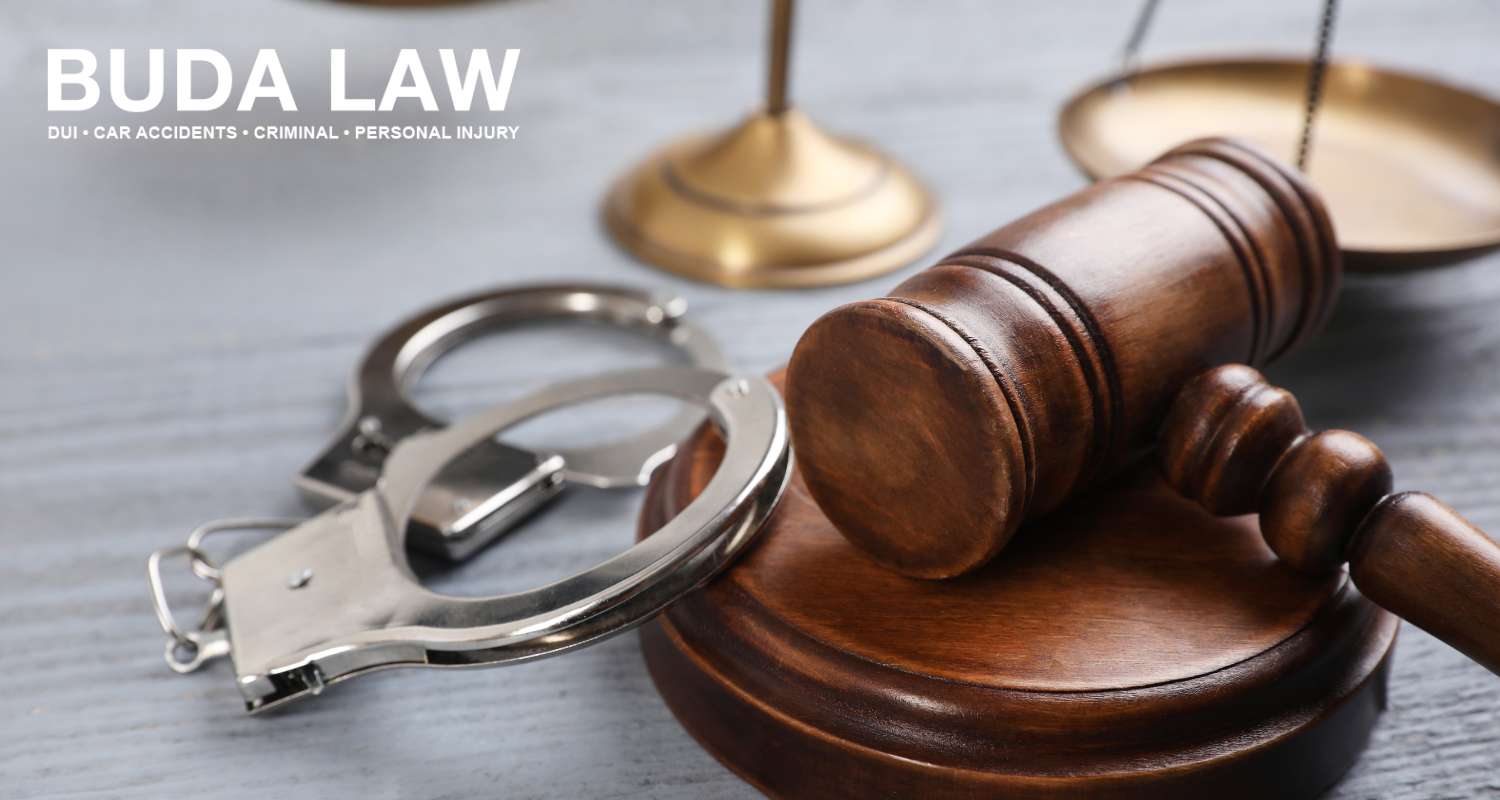
Contact Buda Law for Experienced Criminal Defense for Alcohol-Related Charges in Tampa, FL
Alcohol-related charges can be stressful and confusing, but having the proper legal support can make all the difference. At Buda Law in Tampa, FL, we defend individuals facing DUI charges, minor in possession charges, and more. Attorney Andrew Buda takes the time to understand each client’s situation, explain the legal process clearly, and develop a personalized defense strategy focused on achieving the best possible result.
Whether this is your first charge or you’ve dealt with similar issues in the past, we will stand by you at every stage of the case. Our legal team will investigate the facts, identify any possible defenses, and work to protect your rights, your record, and your future.Call Buda Law at (813) 322-2832 or complete our online intake form to schedule a free consultation today.
